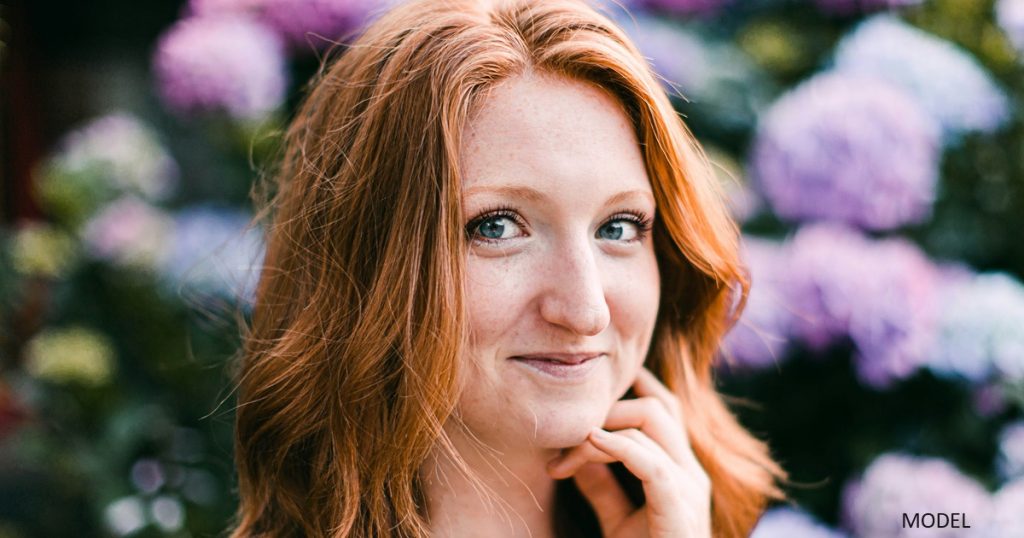If you were stranded on a desert island what’s the one skin care product you would want to have with you? Well I’ll tell you what I’d chose, a Retinoid! This might be a surprise to some of you as I’ve been very vocal about my obsession with SkinBetter’s Alto defense, lol! But the truth is as fabulous as any other product may be there is nothing that surpasses the power of a retinoid. It is hands down the most active product out there to fight anything from acne to wrinkles, and everything in between. So what exactly is a retinoid? Is it the same as a retinol? Retin-A? It’s all a little confusing so let me break it down.
Q:What is a retinol/retin-a/tretinoin/retinoid?
A: Ok, so basically it can be broken down into two categories: Retinol and Retinoid. Both Tretinoin and Retin-a are considered Retinoids.
Retinol and retinoids are Vitamin A derivatives. When applied topically Vitamin A does a multitude of things:
- Normalizes oil production
- Stimulates fibroblasts (cells that are responisble for collagen production)
- Speeds up cell turnover
- Speeds up healing (post acne )
- Promotes natural moisturization
- Regulates epithelial cell growth
- Stimulated blood flow in the skin
So what is the difference between the two?
Retinoid is a synthetic derivative of Vitamin A and is considered a pharmaceutical product due to its strength and efficacy. It comes in three strengths, .025%, .05%, & .1%. When applied on the skin it will help to unclog pores and stimulate collagen in the dermis. Retinoids will cause the cells on the skin to divide and die more rapidly, increasing cell turnover. This will actually reduce the number of layers of cells in the skin. This is exceptionally beneficial for those with acne as it prevents new pimples from forming. It is also beneficial for those with deep wrinkles or thick skin. Retinoids generally take 6-8 weeks to reach their full effect. During that time light peeling and dryness can be expected.
Retinol on the other hand is a natural form of Vitamin A and much gentler. It does not have as much effect on the skin because it must be converted by enzymes in the skin in order for it to become a retinoid. It typically comes in strengths of .25%, .75%, &1%. It also has the same collagen stimulating effects as a retinoid but its delivery is much slower. On the flip side it is a great alternative for those with dryer or more sensitive skin. Retinols generally take a few months to reach their full effect and should not cause any irritation. If they do you’re using the wrong one ?
Ok so now that I’ve covered what retinoids are and what they do I’m going to go over a few common questions and concerns I’ve heard over the years.
Q: Should I use a retinol or a retinoid?
A: Depends on your skin type, but you should be using one of the two. If you’re oilier, acne prone, have deep wrinkles, or just want to have super smooth wrinkle-free skin, then Retinoid is your best option. If you’re more sensitive, have rosacea, get dry easily and/or don’t want to flake at all then a retinol is for you.
Q: I tried a retinol/retinoid but my face peeled so I stopped. Is that normal?
A: If you’re using a retinoid then yes! You’re skin is purging dead skin cells. I like to use the analogy of an old roof sloughing off the old beat up shingles. It takes about 6-8 weeks but once those damaged skin cells are exfoliated the skin will be smooth and glowing! A retinol should not make you dry or flake. If it does than you need to try a brand that is formulated to deliver the correction without the irritation. Retinols have come a long way and they are so much more tolerable than they once were.
Q: How often should I be using my Retinoid/Retinol?
A: Everyday. Every single day. If you stop using it then the flow of cell turnover slows down and those top layers of the epidermis thicken and you lose that healthy skin. Using your product once a week just won’t cut it.
Q: Is it thinning out my skin?
A: Yes!!! And you want it to! Retinoids speed up your cell renewal which stimulates the cells in your dermis (thickening it) and shedding the cells in your epidermis (where all the dead skin and breakouts reside).
I have been treating skin for 15 years and I can tell you that in addition to the countless studies done, my experience is that retinoids work! I can be standing in line at the grocery store and can spot someone who uses retinoids. You can just tell. The skin is smooth, dewey and even toned. Some of my older patients who have been using retinoids for years are perfect examples. If you want healthy skin you need to exfoliate it at the cellular level, and that is exactly what a retinoid will do!
Now before you run out and rush to buy a retinoid product I suggest you meet with a skin care professional to have your skin properly assessed. Your particular skin will determine which retinoid product is right for you! ?
*Retinoids should not be used while pregnant or breastfeeding.


Leave a Reply